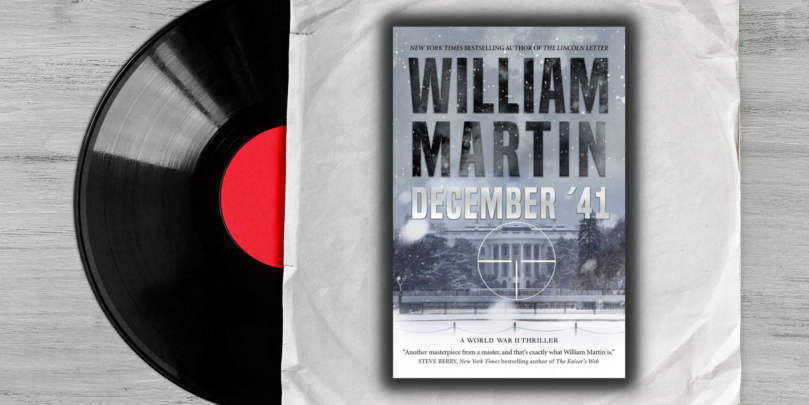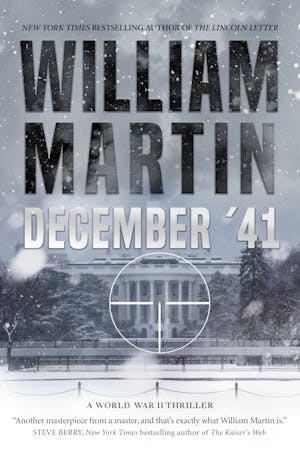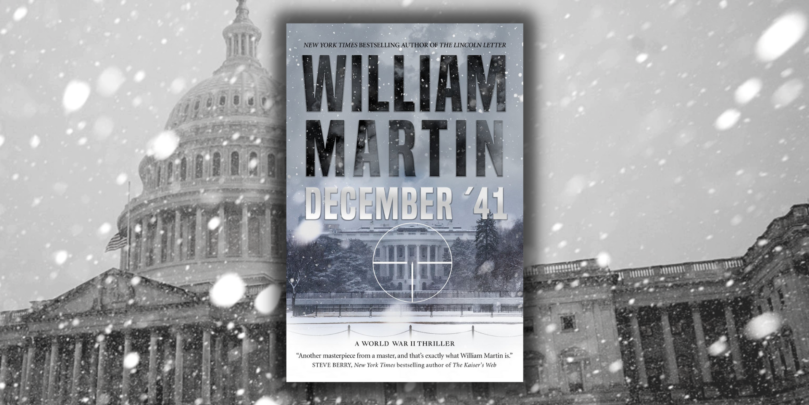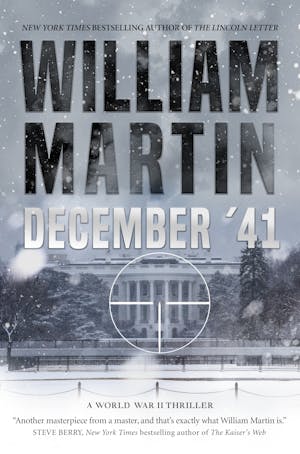As temperatures hit record highs across the globe this summer, everyone is searching for ways to cool off. Whether you’re camping out in front of the A/C or sipping chilled drinks by the pool, Forge has the perfect summer lineup to help you beat the heat. If you’re searching for stories that will send shivers down your spine on the hottest days, here is a list of refreshing books you should add to your TBR!
DESPERATION REEF by T. Jefferson Parker
Jen Stonebreaker hasn’t entered into a big-wave surfing competition since witnessing her husband’s tragic death twenty-five years ago at the Monsters of the Mavericks. Now, Jen is ready to tackle those same Monsters with her twin sons Casey and Brock, who have become competitive surfers in a perilous sport.
When he’s not riding waves, modeling for surfing magazines, or posting viral content for his many fans, Casey Stonebreaker spends his days helping with the family restaurant — catching fish in the morning and bartending at night. Casey’s love for the ocean and his willingness to expose illegal poachers on his platforms puts him on a collision course with a crime syndicate eager to destroy anyone threatening their business.
Outspoken Brock Stonebreaker couldn’t be more different from his twin. The founder of Breath of Life, a church and rescue mission that assists with natural disasters that no one else will touch, Brock has lived an adventurous and sometimes violent life. Not everyone appreciates the work that Brock’s Breath of Life mission accomplishes, and threats to destroy his mission—and his family—swirl around him.
As the big-wave contest draws closer, a huge, late fall swell is headed toward the Pacific coastline. Jen’s fears gnaw at her — fear for herself, for her sons, for what this competition will mean for the rest of her life.
DEEP FREEZE by Michael C. Grumley
The accident came quickly. With no warning. In the dead of night, a precipitous plunge into a freezing river trapped everyone inside the bus. It was then that Army veteran John Reiff’s life came to an end. Extinguished in the sudden rush of frigid water.
There was no expectation of survival. None. Let alone waking up beneath blinding hospital lights. Struggling to move, or see, or even breathe. But the doctors assure him that everything is normal. That things will improve. And yet, he has a strange feeling that there’s something they’re not telling him.
As Reiff’s mind and body gradually recover, he becomes certain that the doctors are lying to him. One by one, puzzle pieces are slowly falling into place, and he soon realizes that things are not at all what they seem. Critical information is being kept from him. Secrets. Supposedly for his own good. But who is doing this? Why? And the most important question: can he keep himself alive long enough to uncover the truth?
BROKEN ICE by Matt Goldman
Nils Shapiro has been hired to find missing Linnea Engstrom, a teenager from the small northern hockey town of Warroad, MN. Most of Warroad is in Minneapolis for the state high school hockey tournament, and Linnea never returned from last night’s game. Linnea’s friend Haley Housch is also missing—and soon found dead.
Shot through the arm with an arrow at the Haley Housch crime scene, only the quick work of medical examiner Char Northagen saves Nil’s life.
Nils should be in the hospital recovering from his near fatal injury, but he knows that the clock is ticking. Linnea could be anywhere, and someone doesn’t want her found. Is Linnea a victim, or is she playing a dangerous game? As bodies start piling up, the clues lead Nils and Ellegaard north to Warroad, a small, quiet town with many secrets to hide.
A BATHROOM BOOK FOR PEOPLE NOT POOPING OR PEEING BUT USING THE BATHROOM AS AN ESCAPE by Joe Pera and Joe Bennett
Joe Pera goes to the bathroom a lot. And his friend, Joe Bennett, does too. They both have small bladders but more often it’s just to get a moment of quiet, a break from work, or because it’s the only way they know how to politely end conversations.
So they created a functional meditative guide to help people who suffer from social anxiety and deal with it in this very particular way. Although, it’s a comedic book, the goal is to help these readers:
- Relax
- Recharge
- Rejoin the world outside of the bathroom
It’s also fun entertainment for people simply hiding in the bathroom to avoid doing work.
A Bathroom Book for People Not Pooping or Peeing But Using the Bathroom as an Escape will be waiting in the bathroom like a beacon for anxious readers looking to feel calm, confident, and less alone.
DECEMBER ‘41 by William Martin
On the day after Pearl Harbor, shocked Americans gather around their radios to hear Franklin Roosevelt declare war. In Los Angeles, a German agent named Martin Browning is planning to kill FDR on the night he lights the National Christmas Tree. Who will stop him? Relentless FBI Agent Frank Carter? Kevin Cusack, a Hollywood script reader who also spies on the German Bund of Los Angeles, and becomes a suspect himself? Or Vivian Hopewell, the aspiring actress who signs on to play Martin Browning’s wife and cannot help but fall in love with him?
The clock is ticking. The tracks are laid. The train of narrow escapes, mistaken identities, and shocking deaths is right on schedule. It’s a thrilling ride that will sweep you from the back lots of Hollywood to the speeding Super Chief to that solemn Christmas Eve, when twenty thousand people gather on the South Lawn of the White House and the lives of Franklin Roosevelt and his surprise guest, Winston Churchill, hang in the balance.
















